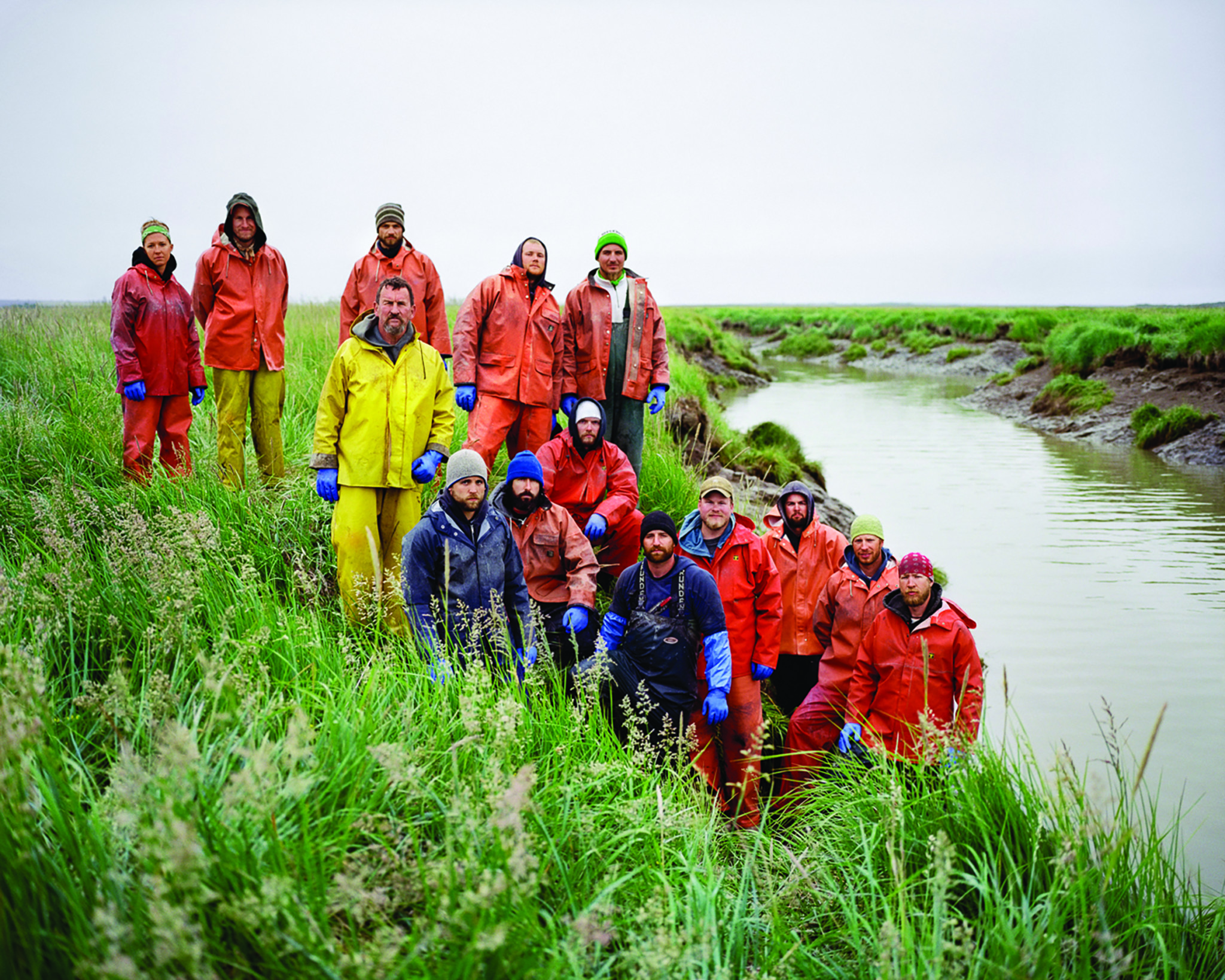Over the last 13 years that I've been watching and covering the ebbs and flows of Pebble Mine in Southwest Alaska, I've followed the data trail, news stories about tailings ponds failures at similar mines, and the Pebble Corp.'s struggle to put together a plan and maintain financial backing.
My first take was that Alaskans understand the value of the full range of resource extraction — from finite fossil fuels and minerals to sustainable fisheries and wildlife hunting. They are pretty good at striking a balance since learning some hard lessons after the Exxon Valdez disaster and decades of lawsuits that followed, leaving fishermen and entire communities on the hard and Exxon comparatively unscathed.

Bristol Bay fishermen lit up flares after the EPA announced it would begin a process to withdraw federal protections for the region under the Clean Water Act.
"This SOS is an outcry from Bristol Bay because our people, our way of life, and our future generations are under siege," said Alannah Hurley, setnet fisherman and executive director of the United Tribes of Bristol Bay.
Most Alaskans appreciate that their state is truly — and potentially perpetually — rich with a renewable bounty that should not be sacrificed for a short-term gain that is served with a side of toxic ponding. When it comes to fisheries, Alaska's reach is expansive. People come from all over the Lower 48 and the world to fish Bristol Bay every summer — and millions of salmon lovers around the globe reap the benefits of that harvest.
After today, the fate of this fishery will be in the hands of the federal government.
If you haven't submitted public comment on the U.S. Army Corps of Engineers' draft environmental impact statement, now is your last chance. If you're not sure what to write, consider using Quality Comment to help.
You can also access our coverage by searching this site for Pebble Mine.
If you're still not moved to make a statement, note that seafood companies, the Kodiak city council, fishing organizations and even the North Pacific Fishery Management Council — most of which have been watching from the sidelines up to now — have stepped up to submit public comments this go-round because it's that critical.
Public comments on this proposal will close today, July 1. After that, it will be up to the federal government to decide whether to give the go ahead to a Canadian mining company to profit from Alaskan minerals and risk the sustainable, renewable sockeye salmon fishery of Bristol Bay.
I hope you will take a few minutes to make your comment at the Army Corps' site.







